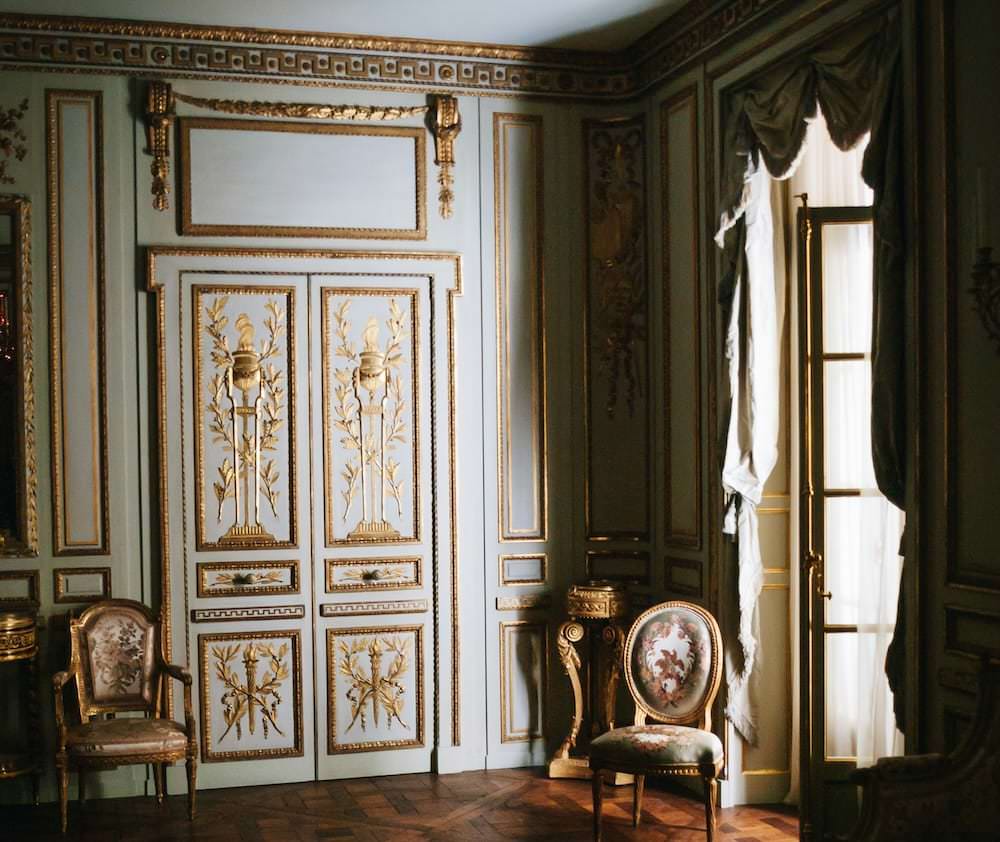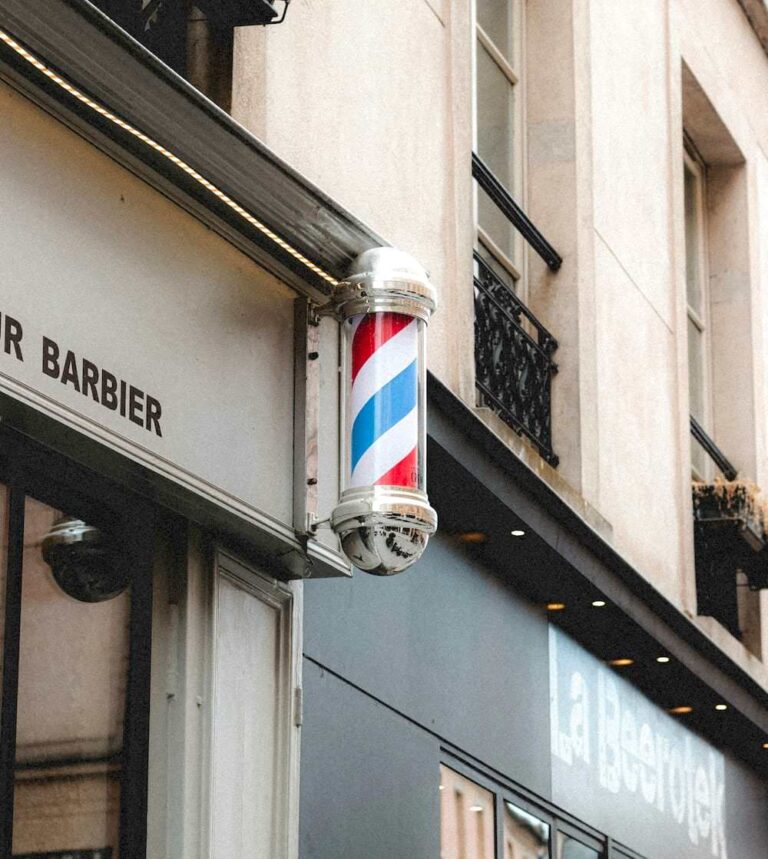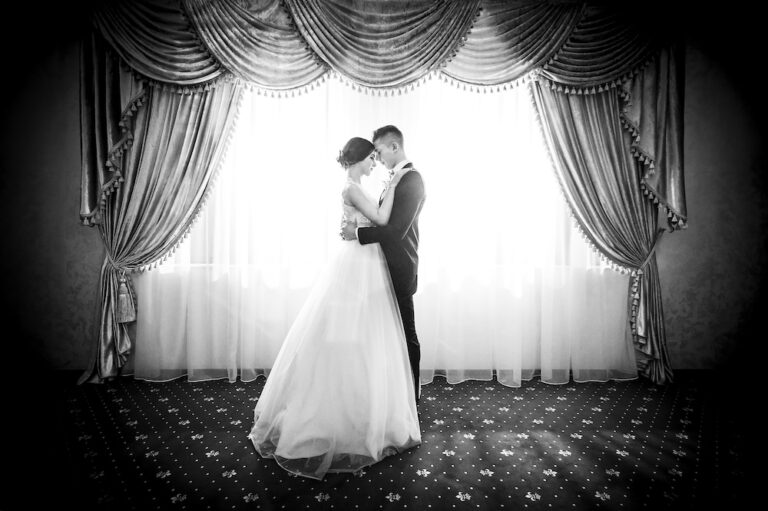greetings & farewells
French culture places great importance on proper greetings and farewells, with different expressions used depending on the time of day, formality level, and relationship between speakers. Here is a comprehensive guide to common French salutations.
Standard daytime greetings
These greetings are appropriate for most daytime situations:
- Bonjour, comment allez-vous ?
Good day, how are you? (formal) - Salut, ça va ?
Hi, how’s it going? (informal) - Bonjour, enchanté de faire votre connaissance.
Good day, pleased to meet you. (formal introduction)
Time-specific greetings
French has distinct greetings for different times of day:
- Bonsoir, madame Dupont.
Good evening, Mrs. Dupont. (after approximately 6pm) - Bonne nuit, dors bien.
Good night, sleep well. (only when parting for the night) - Bon après-midi !
Good afternoon! (when parting during daytime)
Parting expressions with “bonne”
These farewells wish someone well for the coming period:
- Bonne journée !
Have a good day! (used when parting during daytime) - Bonne soirée !
Have a good evening! (used when parting in the evening) - Bonne continuation !
All the best! (used to wish someone continued success in their current activity)
The “rebonjour” phenomenon
In French culture, it’s considered odd to say “bonjour” twice to the same person in one day. Instead, these alternatives are used:
- Rebonjour !
Hello again! (casual, acknowledges you’ve already greeted them) - Bonjour, excusez-moi de vous déranger à nouveau…
Hello, sorry to bother you again… (formal) - Tiens, vous encore !
Oh, you again! (playful, informal) - On se recroise !
We meet again! (casual)
Formal greetings
These expressions are used in professional settings or with elders:
- Je vous souhaite une bonne journée.
I wish you a good day. - Mes respects, monsieur le directeur.
My respects, director. - Comment allez-vous aujourd’hui ?
How are you today?
Casual greetings
Informal expressions used with friends and family:
- Coucou ! Quoi de neuf ?
Hey! What’s new? - Ça roule ?
How’s it rolling? - Tiens, te voilà !
Well, there you are!
Standard farewells
Common ways to say goodbye in French:
- Au revoir, à bientôt.
Goodbye, see you soon. - À demain !
See you tomorrow! - Bonne journée !
Have a good day!
Formal farewells
Polite expressions for professional contexts:
- Je vous souhaite une excellente soirée.
I wish you an excellent evening. - À très bientôt, j’espère.
Hope to see you very soon. - Prenez soin de vous.
Take care of yourself.
Casual farewells
Informal goodbyes among friends:
- Salut, à plus tard !
Bye, see you later! - Ciao, à la prochaine !
Bye, until next time! - Je me casse, à plus !
I’m out, see ya! - À bientôt !
See you soon! - Bon retour !
Have a good/safe trip home!
Special occasion greetings
Seasonal or event-specific expressions:
- Joyeux anniversaire !
Happy birthday! - Bonnes vacances !
Have good holidays! - Bon rétablissement !
Get well soon!
Telephone greetings
Common ways to answer the phone:
- Allô ?
Hello? - Bonjour, c’est Pierre à l’appareil.
Hello, this is Pierre speaking. - Oui, j’écoute.
Yes, I’m listening.
Written greetings
Appropriate for letters and emails:
- Cher monsieur,
Dear sir, - Cordialement,
Sincerely, - Bien à vous,
Yours truly,






